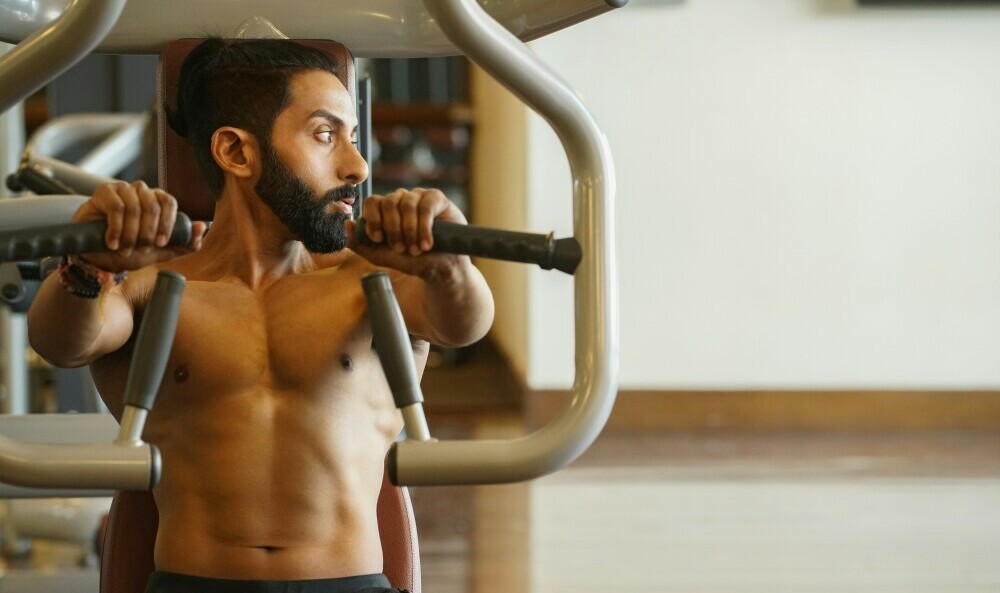 You’re going to find out about the hidden component of soccer that’s just as vital as physical fitness and technical skills: mental toughness. I’m here to help you understand what mental toughness is and why it matters so much in soccer. This isn’t just about being strong in the face of a tough opponent; it’s also about the resilience to bounce back from mistakes and the composure to handle high-pressure situations.
You’re going to find out about the hidden component of soccer that’s just as vital as physical fitness and technical skills: mental toughness. I’m here to help you understand what mental toughness is and why it matters so much in soccer. This isn’t just about being strong in the face of a tough opponent; it’s also about the resilience to bounce back from mistakes and the composure to handle high-pressure situations.
The psychological challenges faced on the pitch are immense. Players must make split-second decisions, maintain intense focus for the entire match, and manage the emotional rollercoaster that comes with the highs and lows of the game. Mental toughness is the bedrock that allows players to withstand these pressures and thrive under them.
Handling pressure is one thing, but what about bouncing back after a missed penalty or a lost match? That’s where mental resilience comes in. It’s about not letting failures define you but using them as springboards for improvement. Cultivating a growth mindset means treating each setback as a lesson to be learned, paving the way for a stronger and more skilled player.
Now, building mental toughness isn’t something that happens overnight. But don’t worry too much about the time it takes. By continually working on your mental skills, just as you do with your passing and shooting, you’ll see progress. Choose something that resonates with you, like mindfulness or visualization, and keep at it. With dedication, you’ll not only sharpen your mind but enhance your overall gameplay.
Building Blocks of a Mentally Tough Player
Now what is mental toughness? It’s the inner strength that helps soccer players push through tough times, perform under pressure, and bounce back from setbacks. You’re going to find out about the foundational skills that you can develop to become mentally tough in the world of soccer.
Let’s kick things off with focus and concentration. These aren’t just whistles and bells; they’re the real deal in making or breaking a player during a match. To sharpen focus, it’s effective to practice mindfulness exercises, engage in specific visual concentration drills, and use consistent routines pre- and post-match to get the mind in ‘the zone’.
Improving self-confidence isn’t all about pep talks. It’s about building faith in one’s abilities through mastery and positive reinforcement. Visualizing success, recalling past achievements, and using affirmations can significantly raise a player’s belief in their skills.
Stress management is crucial, too. The ability to stay calm when the stakes are high is what separates good players from great ones. This can involve learning breathing techniques to control physiological responses to stress and creating pre-game routines that include relaxation methods.
Adapting to adversity means learning from each experience on the field. Whether it’s a lost game or a poor individual performance, each setback is an opportunity to improve. Developing mental contingency plans and practicing situational adaptability can help a player stay resilient no matter what the game throws at them.
Training Regimen for Mental Fortitude
You’re going to find out about establishing a solid routine. Consistency is your ally when developing mental toughness. We’ll dive into the importance of integrating mental drills with physical training – they’re two sides of the same coin, after all.
Working with sports psychologists can revolutionize the way you approach mental training. They provide tailor-made strategies that resonate with your individual needs, enhancing both your psychological resilience and your soccer performance.
Don’t worry too much about tracking every little change in your mental state. However, keeping tabs on your progress is crucial. It’s about observing patterns, recognizing improvements, and adjusting methods to continually grow tougher, not just on the field, but in all aspects of life.
I really hope that through this training regimen, you embrace the mental challenges of soccer just as passionately as you do the physical ones. Remember, your first attempt doesn’t need to be your last. You can always adjust your approach down the road, ensuring that your mental game is as strong as your athletic performance. A lot is happening very quickly in the sport’s psychological field, and staying adaptable is key.
